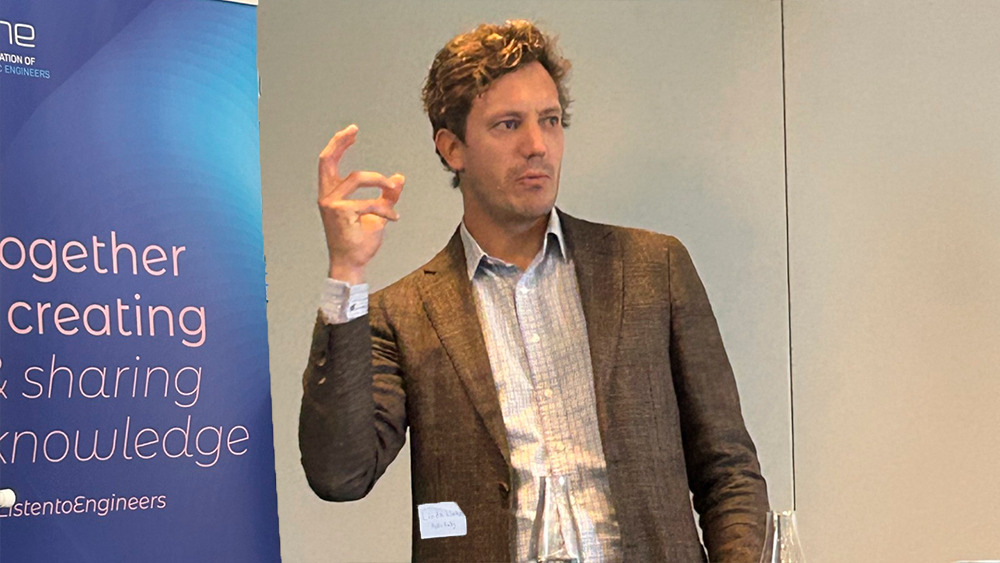At ANE’s Nordic STEM Summit 2025, we came together to discuss one of the region’s most pressing challenges: the growing STEM skills gap—and what it means for tech sovereignty, competitiveness, and strategic autonomy.
Among the keynote voices was Sindre Bornstein, CEO of Nordic Innovation, who connected the summit’s theme to the Nordic Vision 2030—a shared ambition for the Nordics to become the world’s most integrated and sustainable region by 2030.
For Sindre, STEM professionals are the backbone of that vision. They power the green and digital transitions, enable critical technologies, and help build world-leading companies that attract investment and talent. He described a “flywheel” effect: research and innovation create scalable businesses, which attract capital, leading to more growth and value creation—and the cycle continues.
But there’s a challenge: while the Nordics produce many promising scale-ups, too often these businesses are sold abroad, resulting in a “brain drain.” Retaining talent and strategic autonomy is crucial.
Watch the Video: Sindre Bornstein on STEM, Innovation, and the Power of Collaboration
Whether you’re a STEM professional, policymaker, or simply passionate about the future of the Nordics, Sindre’s presentation is a must-watch. Dive into the vision here:
Collaboration: The Nordic Advantage
Sindre calls collaboration the Nordics’ “superpower.” Unlike many regions, the Nordics have a formalised, cross-border partnership—a unique platform to tackle big challenges together. He highlighted two areas where Nordic cooperation can make a global impact:
- Responsible AI: Nordic Innovation is launching a Nordic-Baltic AI Centre for Responsible Adoption of AI, combining government and business efforts to roll out AI responsibly and build the right talent pipeline.
- Quantum Technologies: With complementary strengths across the region, quantum computing is an area where structured collaboration is essential. Sindre cited the Novo Nordisk Foundation’s investment in quantum infrastructure as a model for Nordic cooperation.
He also stressed the importance of critical raw materials for the green and digital transitions. The EU’s new recycling targets present both a massive challenge — and a huge opportunity — for STEM talent in the Nordics.

